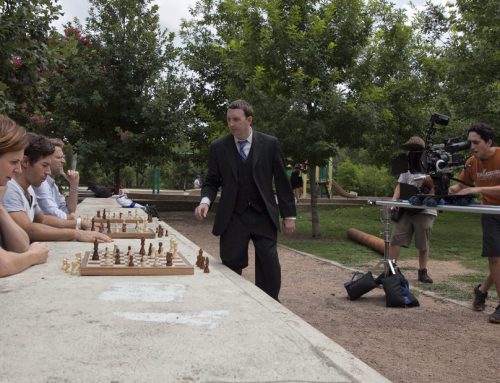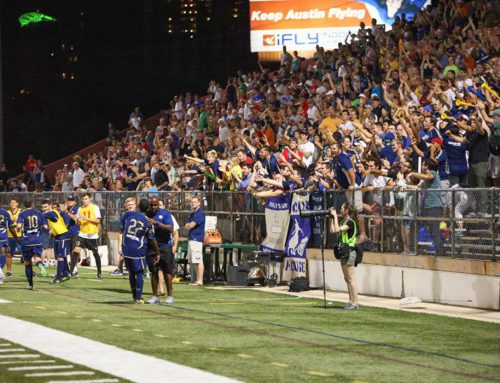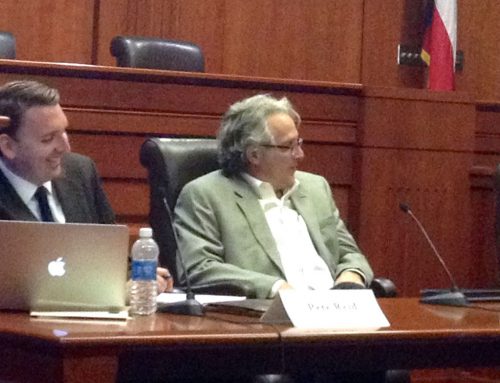A property owner, was plunged into a case involving a popular nightclub where two high profile murders occurred while the New York Giants were partying after a recent victory and many professional basketball players celebrated the end of the basketball strike. The Landlord hired ALBPC to evict the Tenant for violating the lease and Pete Reid was assigned to the case.
According to reports, Giants wide receiver Victor Cruz, cornerback Aaron Ross, safety Antrel Rolle and tackle Chris Canty, as well the Washington Wizards’ John Wall, Charlotte Bobcats’ Kemba Walker, Chicago Bulls’ Carlos Boozer, Oklahoma City Thunder’s Russell Westbrook and Orlando Magic’s Chris Duhon, were all at the nightclub at the time of the shooting. Branden Albert of the Kansas City Chiefs was also there. The singer Rihanna, rapper Jay-Z, and actor Chace Crawford have all made well-documented appearances at the establishment.
The difficulty of the eviction case was that although the commercial lease banned the restaurant from running a nightclub, it was allowed to operate as a late night restaurant. Essentially, if it could be proved that the Tenant was operating a nightclub and not a ‘supper club’, as they claimed, then the Tenant could be evicted.
Pete Reid began with issuing a Notice to Cure, alleging that the Tenant defaulted under the lease agreement by running a nightclub at the leased premises well into the morning hours. While the lease agreement allowed a restaurant with dancing and music, the lease forbade and the Tenant explicitly agreed not to run a nightclub. The Notice to Cure also cited the Tenant’s acquiescence in fostering a “culture of lawlessness and violence.” The Notice cited in detail the recent stabbings and murders that had happened inside or on the streets outside the club.
In response to the Notice to Cure, the Tenant sought a Yellowstone injunction, claiming they were instead running a restaurant with dancing and live music. At the initial court appearance, at the behest of ALBPC, the judge ordered an immediate framed issue hearing on whether the leased premises were being run as a nightclub or a supper club. This would potentially shave years off the length of the case and allow the Landlord to quickly pursue its eviction case against the Tenant.
In preparation for the framed issue hearing, Pete Reid and the ALBPC team conducted extensive and thorough investigation and trial preparation. ALBPC’s extraordinary preparation tactics included
- postings on Facebook to recruit any patrons of the nightclub that would testify the Tenant was running a nightclub and collected hours of video showing dancing and nightclub activities,
- quickly taking snapshots of the Tenant’s website highlighting its self-promotion as a nightclub (before the Tenant could change the website) and
- securing an entertainment leasing expert to testify the premises were being used as a nightclub.
- ALBPC also submitted Freedom of Information Law requests to several governmental agencies to investigate the Tenant’s operations.
- The FOIL results revealed that the Tenant was actually out of compliance with the appropriate governmental licenses, a tell-tale sign of a “culture of lawlessness”.
A little over one month later, the hearing commenced.
ALBPC attorneys cross-examined the Tenants’ first witness, a manager at the nightclub, who attempted to convince the Court the Tenant was actually running a supper club, and not a nightclub. On cross-examination, however, ALBPC attorneys were able to have the manager admit that approximately 70% to 80% of the nightclub’s sales came from the sale of liquor, a clear indication that this was not merely a restaurant with dancing, as the Tenant claimed. The manager was also questioned on the Tenant’s lack of compliance with governmental licensing requirements.
The overwhelming evidence presented at the hearing led to ALBPC’s victory. The surrender of the lease occurred and the commercial Tenant was on the hook for the entire rent owed while the space remained vacant.
In order to avoid the money judgment and in a last ditch effort to avoid paying the substantial amount of arrears now accumulated, the Tenant fabricated a claim that the Landlord was unreasonably withholding consent to an assignment of the lease.
ALBPC knew that if it the rent arrears were not deposited with the Court it probably would never see the money. So it turned the Tenant’s request against them. ALBPC brought a motion before the Court asking the Court to direct the Tenant to tender all arrears to the client (which amounted to hundreds of thousands of dollars) prior to the Court giving any consideration to the Tenant’s claim of unreasonably withheld consent.
The Court agreed and directed the Tenant to pay the arrears prior to any hearing on the withholding of consent. The Court then warned the Tenant that if its order was not complied with, it could consider issuing a judgment of possession forthwith without ever getting the merits of the assignment application. Once the Tenant failed to pay the full arrears timely on two different dates, the Judge folded the case and awarded not only possession of the restaurant/nightclub but all of the moneys deposited with the court.
The Landlord obtained its space back that it could now use for its own legitimate business purposes and no longer had to fear that any other stabbings, shootings or assaults would occur at the premises.
Pete Reid, Adam Leitman Bailey, Colin E. Kaufman, and Donald Mitchell represented the client in this victory.





Leave A Comment